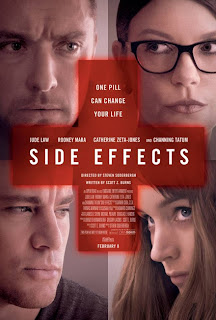Trying to succinctly explain the
narrative arc of a Disney/Pixar film is an exercise in insanity. But to explore all of the interesting
elements of the film requires a rudimentary overview of the plot. So...
The universe of the film is set in a
network of video game worlds within a video arcade. Each game has a separate aesthetic and
physics system that means that characters from each game move and interact in
different ways depending on the advancement of the game system in which they
emulate. The film centers on Wreck-It
Ralph (John C. Reilly), who is a character from an ‘80s arcade game who has an identity crisis
about being a video game ‘bad guy’. He
decides to leave his game console (via the power cable) and try to win a medal
from another game system in order to impress the characters that reject him in
his own world. On his adventure he meets
a video game ‘glitch’ (Sarah Silverman) from a candy-decorated world of a racing game aimed at
girls who he must help win a race to defeat the Candy King at the same time as
stopping an army of cybugs who threaten to destroy the arcade due to their
‘virus’ like nature...












